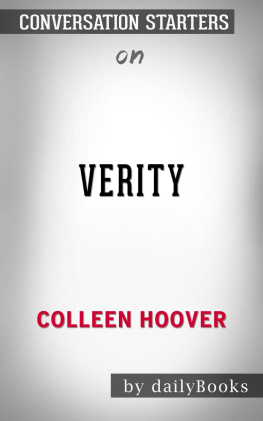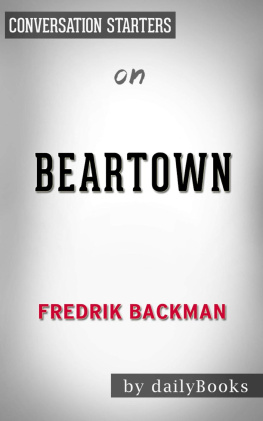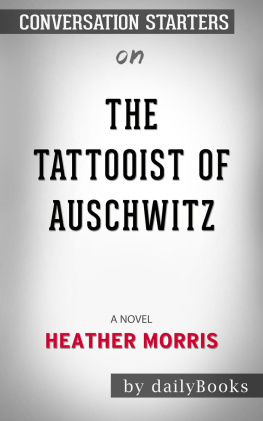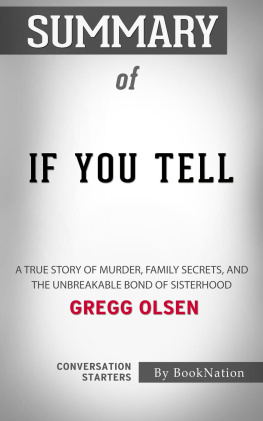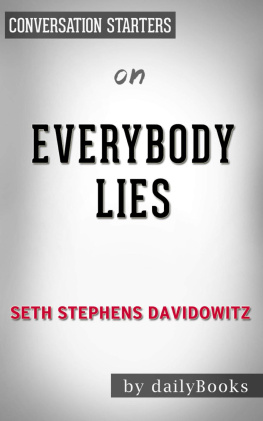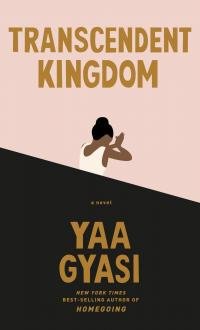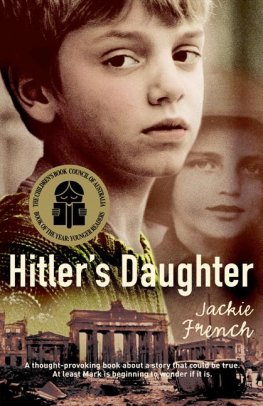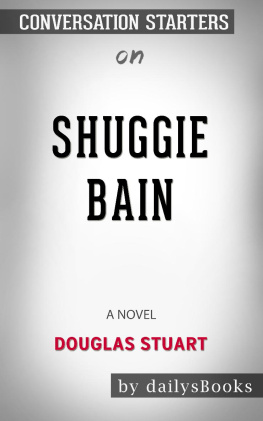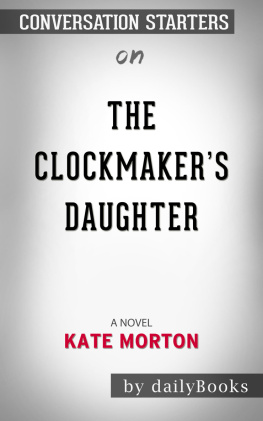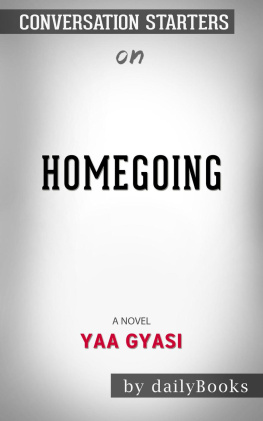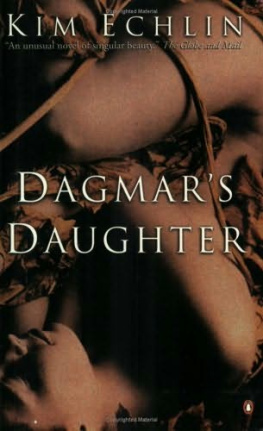Conversation Starters
for
Yaa Gyasis
Homegoing
By dailyBooks
Bonus Downloads
Get Free Books with Any Purchase of Conversation Starters

Every purchase comes with a FREE download!

or Click Here.

Scan Your Phone
A bout Us:
THROUGH YEARS OF EXPERIENCE AND FIELD EXPERTISE, from newspaper featured book clubs to local library chapters, dailyBooks can bring your book discussion to life. Host your book meets as we discuss some of todays most widely read books.
Copyright 2018 by dailyBooks. All Rights Reserved. Published in the United States of America
Disclaimer: This is an unofficial conversation starters guide. If you have not yet read the original work we encourage you to do so first before reading this Conversation Starters Product names, logos, brands, and other trademarks featured or referred to within this publication are the property of their respective trademark holders and are not affiliated with dailyBooks. The publisher and author make no representations or warranties with respect to the accuracy or completeness of these contents and disclaim all warranties such as warranties of fitness for a particular purpose. This guide is unofficial and unauthorized. It is not authorized, approved, licensed, or endorsed by the original book's author or publisher and any of their licensees or affiliates. No part of this publication may be reproduced or retransmitted, electronic or mechanical, without the written permission of the publisher.
Tips for Using dailyBooks Conversation Starters:
EVERY GOOD BOOK CONTAINS A WORLD FAR DEEPER THAN the surface of its pages. The characters and their world come alive through the words on the pages, yet the characters and its world still live on. Questions herein are designed to bring us beneath the surface of the page and invite us into the world that lives on. These questions can be used to:
- Foster a deeper understanding of the book
- Promote an atmosphere of discussion for groups
- Assist in the study of the book, either individually or corporately
- Explore unseen realms of the book as never seen before
Table of Contents
H omegoing: A Novel is a book written by Yaa Gyasi. It tells the story of sisters, families, and generations of Africans and African Americans whose lives are defined by slavery, the struggle for freedom, and the histories of tribes and nations.
The novel starts in 18th century Ghana, Africa with the story of an enslaved woman, Maame, who gives birth on the same night that she escapes her tribal captors. She leaves her baby daughter behind who is raised by her real father and a surrogate mother who is cruel to her. Effia grows up not knowing about her bloodline and is forced to marry an Englishman who manages the slave trade in the Gold Coast. Meanwhile, Maame marries another man from her own village and bears another daughter. Like her first daughter Effia, her second daughter Esi is separated from her through the forces of slavery. The Fante tribe captures Esi and through the Englishman's slave trade business, Esi arrives in America. While Effia stays in Ghana and bears children and grandchildren, Esi becomes the mother of many generations in America. Their stories progress through 300 years, bearing descendants who will one day meet in the same village where it all began.
The novel features portraits of Effia's and Esi's descendants as the story progresses through seven generations. The portraits show each descendant's life in a particular historical time, highlighting her/his ties from the past as well as his/her present. The portraits are written in short story form, making the novel a collection of stories that combine to give a sweeping history of the two sisters' progeny. Effia's children and their descendants, belonging to the tribes of Fante and Asante, deal with the tribal conflicts, British colonization, and the slave trade that dominate Ghana's history. Esi and her children deal with life in America beginning with life in the plantations in the South, to their fight for freedom in the Civil War, to the Great Migration, and on to coal mines, jazz clubs, Harlem, and the present. Each of the portraits drawn by the author is vivid and memorable in their own experiences of suffering, loss, hope, and love. Effia's marriage to the Englishman James Collins is marked by affection but she lives with the painful knowledge that she is the wife of a slave trader who sold her half-sister Esi to America's slave owners. This haunts her family down to the last descendant, Marjorie. Esi who grows up seeing slavery in her own village of Asante becomes a slave herself when she is captured by the enemy tribe. She lives in the same castle where her half-sister lives, but unlike Effia who enjoys luxurious treatment, she is held in chains in the castle's dungeons. Esi is raped and bears a daughter, Ness, who gets separated from her as she goes to work in one of the South's plantations. Their descendants suffer through the ordeals of slavery and subsequently experience freedom as the century progresses. Marcus is their last descendant. The author uses the symbol of the black stone to connect the characters to their descendants and to their heritage. Effia passes on the stone she got from her mother to her descendants in Ghana, but Esi loses the stone in the castle's dungeons. Water and ships are symbols of the suffering that the slaves went through when they were forcibly taken away from Africa. Many of the captured slaves threw themselves out from the ships and into the water, preferring to drown than to go to an unknown future. In the present, Marcus suffers fear of the ocean and refuses to swim in a pool. The author tackles the theme of identity in the novel, exploring African-American heritage that evolves through the centuries. The theme of slavery, its historical and psychical effects on slave descendants, is explored. Systemic oppression is tackled as the author cites institutional forms of slavery. Other themes in the novel include the issue of colonization, family ties, violence, and gender stereotyping which leads to women's sexual violation, expectations of manly strength and lack of feelings, and the condoning of men's anger and violence. The author is highly praised by critics for her work. Vultures review says the novel's plotting is tight, highlighted with suspenseful parts and climaxes. Vogue says the influence of Toni Morrison is apparent in the novel, particularly in her use of history and lyricism. The author likewise shares Morrisons uncanny ability to crystallize...slaverys moral and emotional fault, according to the review. The New York Times says Gyasis novel has an inexorable and cumulative emotional weight made possible through the authors storytelling. She makes clear the emotional damage and the savage realities that happened in a peoples history.
Next page

